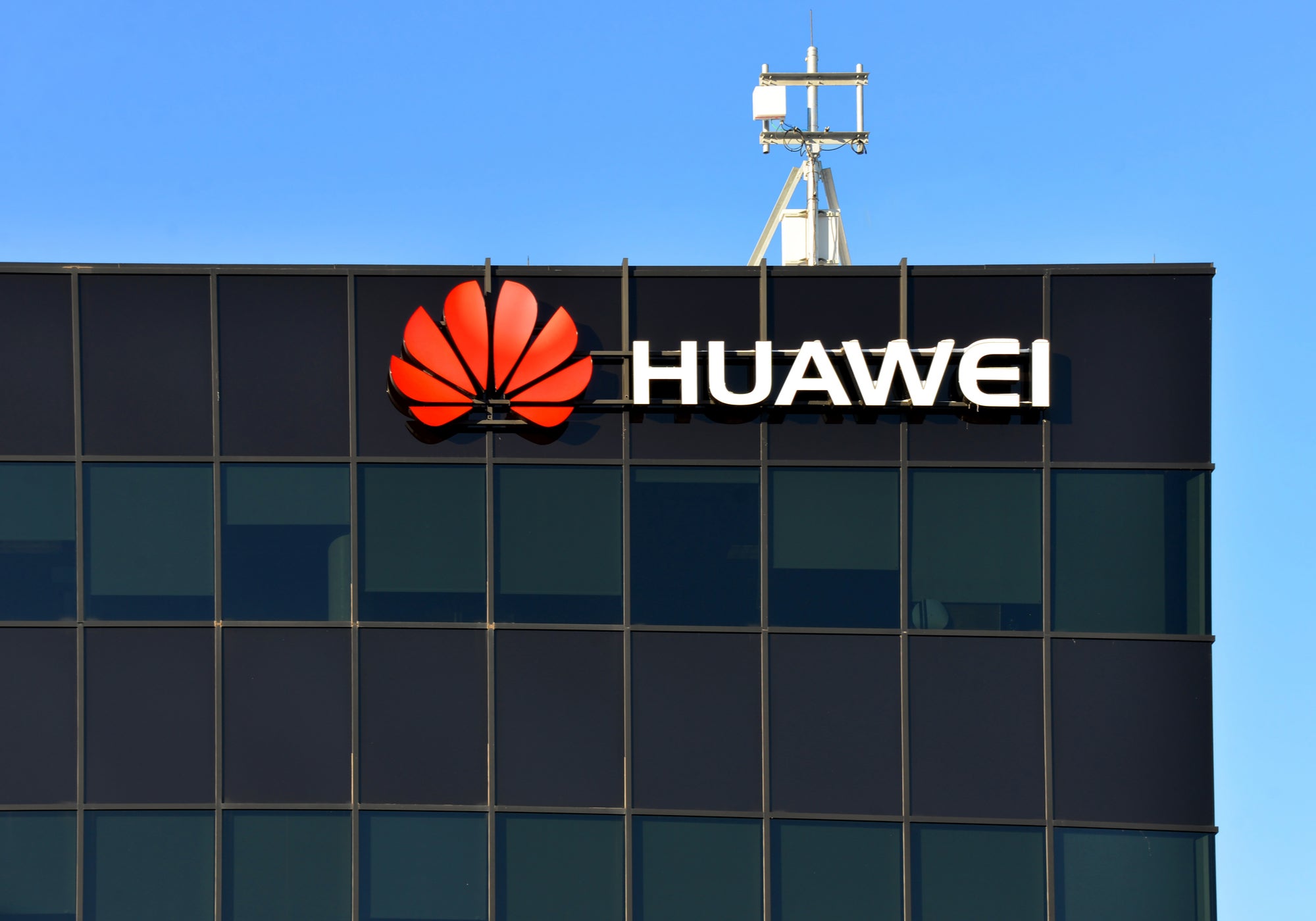
The UK government’s current stance to allow Huawei into the non-core parts of the country’s 5G network threatens to “fundamentally alter” the intelligence-sharing relationship with America, a US congressman has warned.
Appearing before the UK’s Defence Sub-Committee into the security of 5G, Republican congressman Mike Turner said that while the so-called special relationship “is never going to be diminished”, the way the US shares information with the UK will “inevitably be impacted”.
This could result in “inefficiency and some blindness”, he added.
The UK and US currently share information bilaterally and also as part of the Five Eyes intelligence alliance.
That relationship had been put into doubt after the US and Australia, both members, urged the UK to ban Huawei from its 5G infrastructure, warning that the telco’s close ties to the Chinese state makes it a security risk. Huawei has denied all allegations that it will build backdoors into communications at the behest of the Chinese government.
However, following the UK’s decision in January to allow Huawei technology to be used in non-sensitive parts of the network with a 35% market cap, the Trump administration withdrew its threat to end intelligence-sharing between the two countries.
How well do you really know your competitors?
Access the most comprehensive Company Profiles on the market, powered by GlobalData. Save hours of research. Gain competitive edge.

Thank you!
Your download email will arrive shortly
Not ready to buy yet? Download a free sample
We are confident about the unique quality of our Company Profiles. However, we want you to make the most beneficial decision for your business, so we offer a free sample that you can download by submitting the below form
By GlobalDataUS Secretary of State Mike Pompeo, speaking at an event in London in late January, said he was “very confident” that the UK and US “will find a way to work together to resolve this difference”.
Turner’s comments suggest there is still some uncertainty as to how exactly the UK’s Huawei deal will affect intelligence sharing between the two countries.
When asked how the Huawei situation would affect trans-Atlantic relations, Turner said:
“I think it would be fundamentally altered in that the ability to share, to be able to have the same conversation, to be able to have the same almost academic level of trust where we’re reviewing the same information, would be impacted.
“The amount of information we’d share would be impacted, the concern about where that information may go. Once China is integrated into a system, in addition to being able to take information, to alter information, they’re also able to shut things down.”
Turner: “Virtually impossible to segregate” Huawei in 5G network
Turner also said that it would be “virtually impossible to segregate” Huawei from the most sensitive parts of the network because of the way 5G technology operates.
“One of the biggest concerns even beyond just our national security that one has to look at in integrating Huawei into a 5G system, is that when [China is] in you can’t get them out, they can’t be segregated when they’re in. And you’d be subjugating your population – including your government – to the surveillance society that China has implemented,” he said.
However, his comments are at odds with the assessment of GCHQ, the UK intelligence agency, which has repeatedly said it can manage the risk of Huawei.
Other experts believe it is technologically possible to successfully keep Huawei out of the “brains” of the network.
“While in theory the intelligent ‘brains’ of the 5G network could extend right to the edge, where people interact with the network, in practice it won’t and there is a ring around it that you could plausibly describe as the periphery, as non-core,” said Emily Taylor, CEO of cyber intelligence consultancy Oxford Information Labs, during a previous Defence Sub-Committee evidence session.
The UK Huawei 5G dilemma
Conservative MP and chair of the Defence Sub-Committee Tobias Ellwood asked that the US understands that the UK’s situation differs from that of the US and Australia.
Unlike the US, Huawei technology is already in use throughout the UK’s 4G network and is being used in the country’s 5G rollout. Stripping out this existing equipment would come at great cost and set the country back in 5G adoption, Ellwood said.
“When I do hear occasionally that there are threats to withhold intelligence, public statements like this does go against the grain of the importance of that… special relationship,” said Ellwood.
Turner acknowledged that “there has to be some recognition of the reality of an impact”.
Huawei’s dominance in the 5G market stems largely from being subsidised by the Chinese state. As a result, rivals Ericsson and Nokia have struggled to compete at the same scale.
Ellwood, who previously told Verdict that Fives Eyes allies should develop their own alternative to Huawei, asked Turner whether there will be a US competitor to Huawei or a UK-US partnership.
“I think it’s going to have to be a partnership,” said Turner, adding that it needs to be “fast-tracked more than it currently is”.
“We can’t expect people to implement an alternative if there’s not an alternative,” he said.
Read more: Ericsson lays claims to Huawei territory with China 5G contracts







